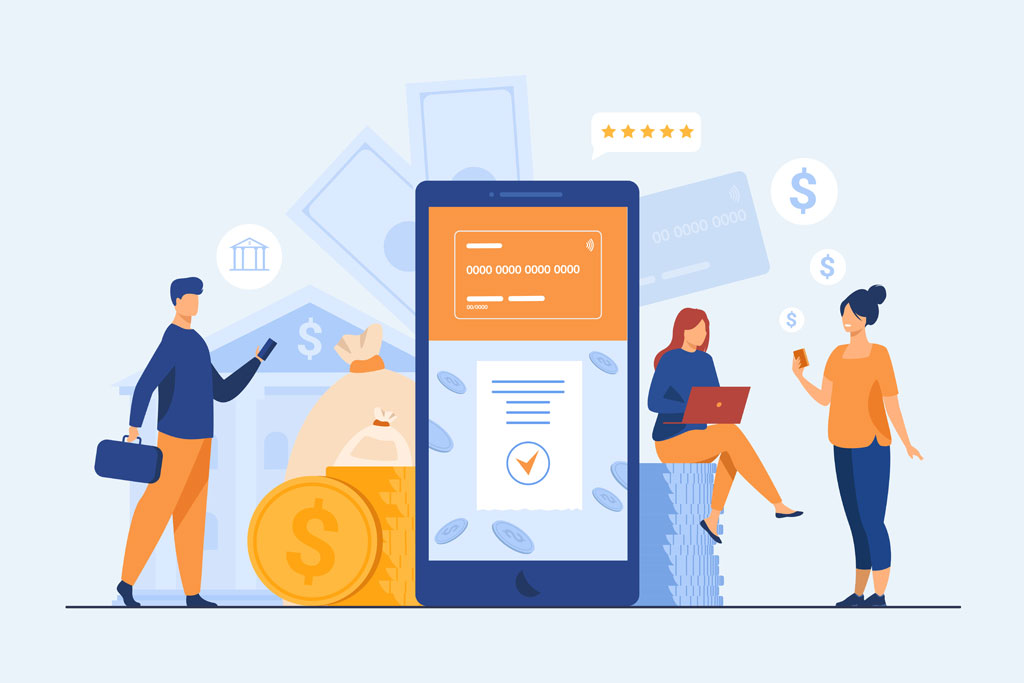It is essential to make payments easier for customers in order to increase sales and conversions. Therefore, the payment page design of your online store is critical. This is the page where window shoppers convert into paying customers. So, do not take risks and make your payment page design efficient and straightforward.
If you have never created a payment page for your website, then you might not know where to start or the practices. This article will take you through some of the best practices you can follow to implement an easy-to-use payment page design.
1. Create a Guest Checkout Option
You must refrain from forcing your customers to create an account to complete the purchase, as it may slow them down or make them reconsider their decision. That is why adding a guest checkout option can allow the customers to go through the process by providing their email addresses.
2. Provide Various Payment Options
It can be a real turn-off for the customer if they cannot find their preferred payment option. So, while making an efficient payment page design, provide all the major payment options and prioritize the major payment methods. The more payment alternative you provide, the wider customer base you will cover.
3. Mobile-Friendly Design
Since almost everyone is equipped with a smartphone today, many eCommerce payments are made using mobile phones. As a result, it has made online retailers focus on mobile-friendly UX. Therefore, you must prioritize a mobile-friendly design while creating and optimizing your payment page.
4. Refine & Simplify
A simple payment page design means more appeal from the customers. Your objective should be to make a clear, convenient, and accessible process. Refine the process now and then by removing unnecessary steps and streamlining the process to be smooth and efficient.
5. Progress Indicator
A progress indicator can allow the customers to know the stage of the checkout process they are on. This way, the buyers will know the number of steps left and get a general idea of how much time the process will take. This practice can help structure the process and make it easy to follow.
6. Minimal Distractions
Your payment page design must be clean and have minimal distractions. So, remove any distractions that might pull the buyer away from checkout. For example, consider removing the footer and header options or any unnecessary buttons. It will help keep the customer focused on following through with the payment process.
7. One-Page Checkouts
When we talk about how to make an efficient payment page design, simplicity can be the one-word answer. If possible, reduce your checkout process to a single page to make the payments easier and frictionless. One-page checkouts have fewer steps, are easy to follow, and take less time to complete.
8. Do not Include Additional Costs in the Last Step
If you surprise your customers with additional costs at the last step of the payment process, they might reconsider their purchase. So, it is best to provide the customer with all the cost details upfront so they can make up their mind beforehand.
Final Thoughts
We have discussed key strategies and practices you must follow to create an easy-to-use payment page design. If you want to improve your sales and increase conversion rates, it is critical to have a simplistic payment page.
Razorpay can help you accept payments easily. You will be able to accept international and domestic payments with automated receipts. Take your business online instantly with Razorpay.

